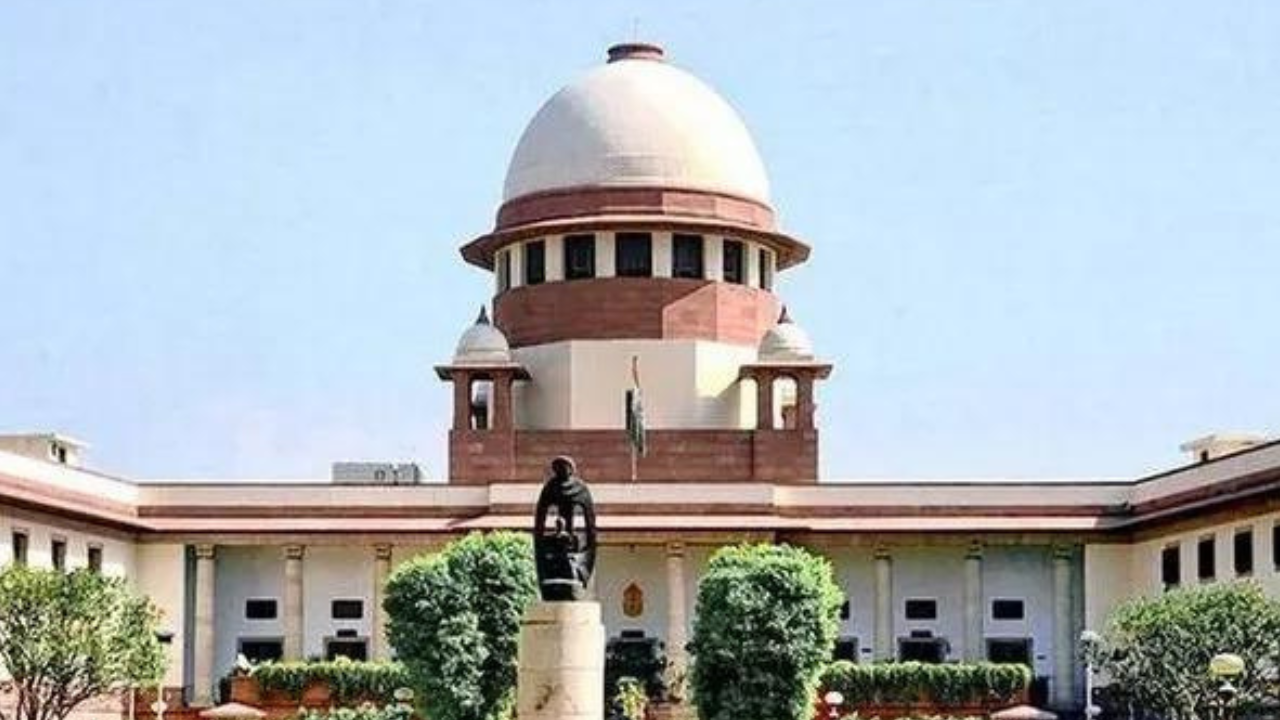Senior advocate Rakesh Dwivedi, appearing for Allahabad HC Bar Association, argued that the issue before a three-judge bench led by Justice Adarsh Goel in 2018 was whether order on framing of charges was an interim order amenable to challenge before the HC.The issue of whether an expiry period should be affixed on stay orders was not at all debated before the court, he said.
Abench of Chief Justice DY Chandrachud and Justices J B Pardiwala and Manoj Misra said, “When a high court grants stay in a criminal or civil case, it can’t be au tomatically vacated. The delay cannot always be attributed to the parties. Sometimes, it is because the cases do not get listed before the courts for a variety of reasons.”
The CJI-led bench said it had serious reservations over the direction that a stay order’s lifespan wouldn’t exceed six months unless extended by an express order of the HC, even though it is true that any stay operating indefinitely causes long delays in trial of civil and criminal cases.
CJI Chandrachud calls for greater inclusivity and female representation in legal profession
The principle of automatic vacation of stay orders after six months, as laid down in the SC’s March 28, 2018 judgment in ‘Asian Resurfacing of Road Agency’ case, “is liable to result in serious miscarriage of justice”, the bench said. It said since the earlier judgment was passed by a three-judge bench, the testing of the rul ing’s correctness has to be referred to a five-judge bench.
The 2018 judgment was authored by Justices Adarsh Goel and Navin Sinha with whom Justice RF Nariman had agreed. Attempting to remedy long delays in court trials because of stay orders operating indefinitely, Justices Goel and Sinha had said, “We consider it appropriate to direct that in all pending cases where stay against proceedings of a civil or criminal trial is operating, the same will come to end on expiry of six months from today unless in an exceptional case by a speaking order such stay is extended.”
“In cases where stay is granted in future, the same will end on expiry of six months from the date of such order unless similar extension is granted by a speaking order. The speaking order must show that the case was of such exceptional nature that continuing the stay was more important than having the trial finalised,” the Supreme Court had said.







